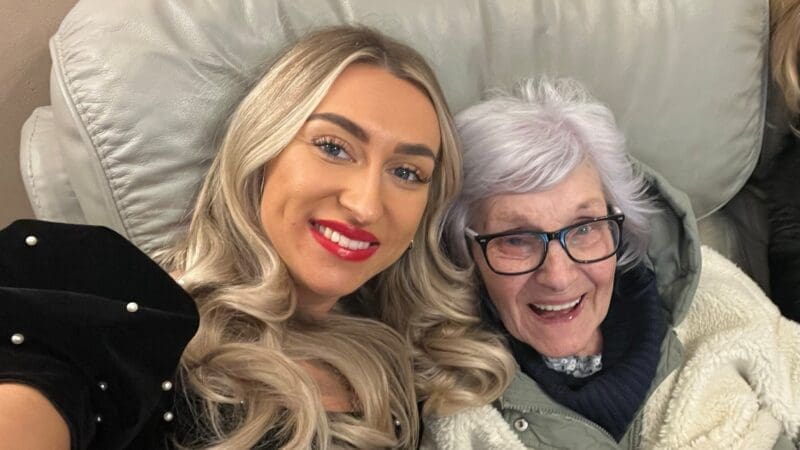
Nat’s story – “Being a young carer can be lonely”
Nat reflects on her experience of being a young carer and the support she received from the Nationwide dementia clinic.
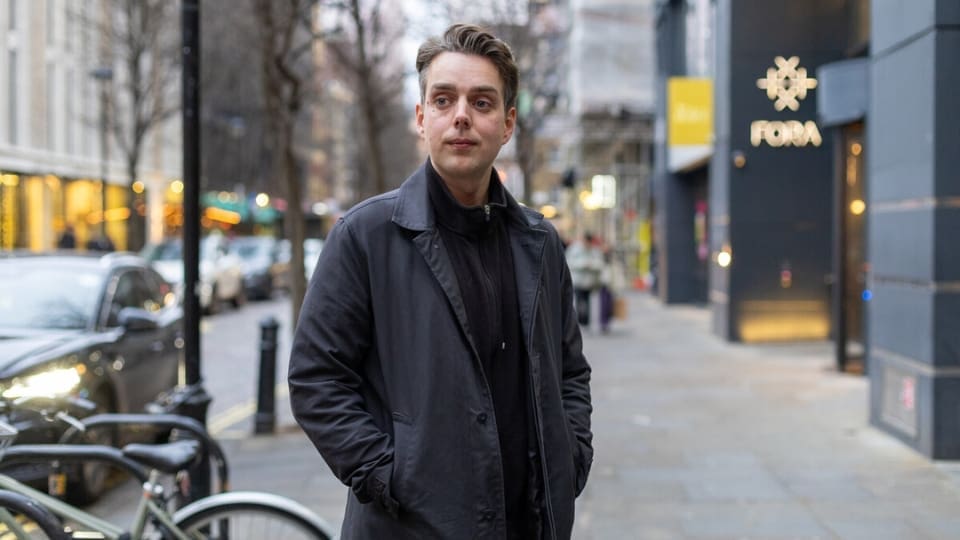
George shares his experience of being thrust into the role of a young carer, and the emotional journey that has followed for his family.
Childhood wasn’t easy for Mum. She grew up one of eight children, and the family had to work hard just to get by. She would often go to school in the incorrect uniform because they simply couldn’t afford the correct one. From a young age, she learned that she needed to work hard for everything.
When Mum had me and my sister, she wanted to make sure we had the best childhood we could. She truly has been an amazing mother.
Mum’s best friend was always her older sister, Sue. In 2014, the family received the devastating news that Sue had cancer. She deteriorated quite quickly. Mum took Sue’s death really hard. But alongside her grief at this time, we began to notice other changes in Mum’s behaviour. She was struggling with everyday tasks, including reading and writing. She even had problems with her coordination. But we just put it down to the stress she was experiencing after losing Sue.
A few months later, I vividly remember coming home from College to find Mum was home too, despite it being a work day – she was employed in a temporary administrative role at the time. She was in the kitchen visibly upset and when I asked what happened, she explained that she’d been sent home by her Manager. She said she simply couldn’t get to grips with the computer, and even typing had become difficult. It was so difficult seeing her so upset. She was embarrassed, and confused as to what was going on. That was the last time she went to work. She was just 55 at the time.
As for me, I simply didn’t know enough about dementia to even consider it as a possibility.
Eventually, Mum saw the GP and was referred for a memory test. She was asked a series of basic questions: What is the date? Who is the Prime Minister? What day is it today?
She couldn’t answer any of them.
In February 2019, Mum was diagnosed with Alzheimer’s disease, at the age of 57. I was 22, and didn’t know how to handle this news.
My sister Mel, is six years older than me, but we’ve always been close. She is the one who told me about Mum’s diagnosis. Shortly afterward, I remember Dad suggesting that I go give Mum a hug. It’s not easy to admit, but I didn’t do it. In my mind, consoling Mum with a hug would make all of this real. If I had my time again, I wouldn’t hesitate to go and wrap my arms around her and tell her it’s all going to be ok. But there’s no guidebook with dementia, especially when you’re in your early 20s. I had just finished university at the time. I was used to thinking about myself, and to be honest, I guess I took for granted that my parents would always take care of me.
It was also an isolating time as I didn’t know anyone my age who was dealing with this situation. And so, I kept a lot of it to myself. I actually felt like I’d be burdening my friends by telling them.
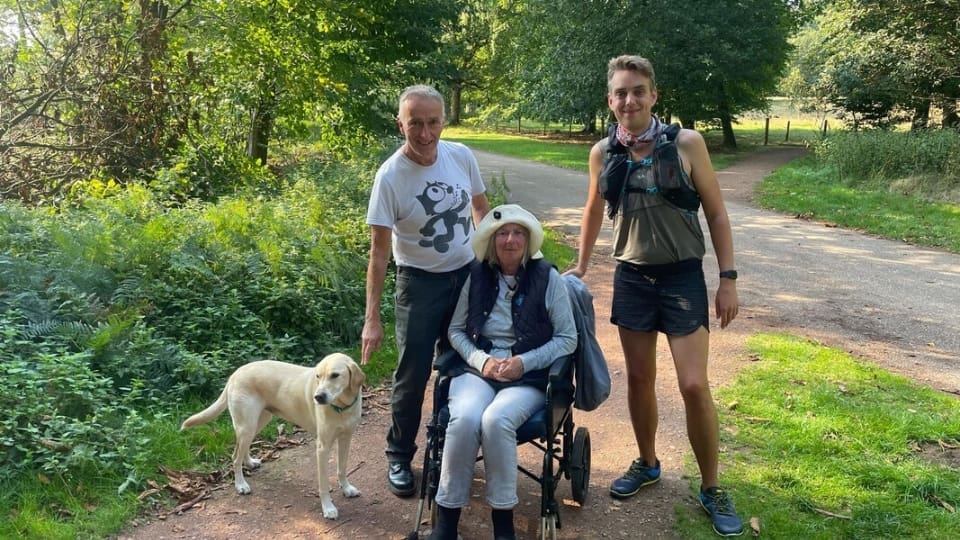
My parents met in the very romantic surrounds of a psychiatric ward. Mum was employed there, and Dad was a labourer who happened to be doing some plastering work there. I think they met when my mum asked him to keep the noise down. Sometimes I joke that it sums up their relationship really!
But through the pain and hardship of the past few years, I am so proud of my dad. A few years ago, after Mum’s diagnosis, he took grievance leave to help care for her. It then became apparent she needed round-the-clock care, so he retired after working for 30 years as a fireman. He said to me recently that after all that time as a fireman, and many years previously working in construction, being a full-time carer has been the hardest role he’s ever taken on.
There have been plenty of adjustments in the past few years. And I’ve seen Dad have to strike the balance between being a husband and being a carer. And maintaining Mum’s independence while ensuring her safety.
The dementia specialist Admiral Nurses have helped my Dad, sister and I in different ways.
I reached out to the Helpline because I was fearful at what the future held for Mum. I had so many questions and no idea where to direct them. The Admiral Nurse Helpline enabled me to talk to a someone without feeling judged, and just to say what was on my mind. It was so helpful and provided a huge sense of relief in quite an isolating time.
I know my sister reached out to the Helpline as she was also worried about what the future held, not just for Mum but also for her. She’d just had her first child and I think questions were in her mind about her own likelihood of chance of developing Alzheimer’s. It’s a conversation that you can feel guilty about having with family – I think she almost felt selfish, but it’s such an important and valid one. The Admiral Nurses were an amazing source of support for her through this time post-diagnosis.
As for my dad, he spoke to the Admiral Nurses while Mum was in hospital with a virus. He needed guidance on the conversations around getting her home, and what his rights were. They helped him navigate these, and getting Mum home gave her a huge sense of comfort.
For me, running is my happy place. I have always been an anxious person and I find that endurance running just helps. It teaches me to stay in the moment. You can’t worry about mile 20 when you’re in mile 10. And not to sound trite, but I think the same can be said of dementia. Nothing good came from me catastrophising about the future. What I’m continually learning is to cherish the time I have with Mum.

Nat reflects on her experience of being a young carer and the support she received from the Nationwide dementia clinic.
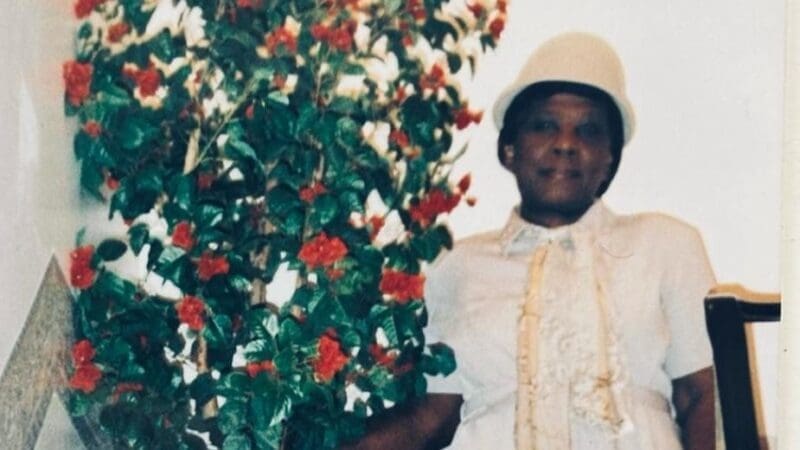
Tim reflects on the stigma that is often attached to dementia and the importance of the Black, African and Caribbean Admiral Nurse clinics.
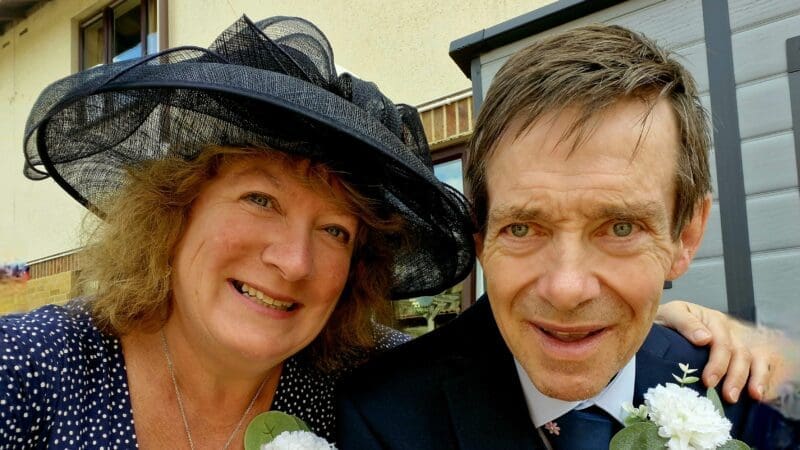
Katrina reflects on the support she has received from her Admiral Nurse, Rachel, since her husband was diagnosed with young onset dementia.